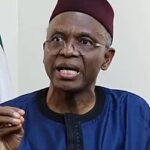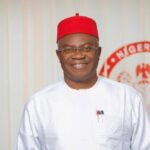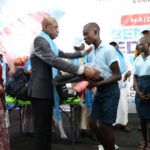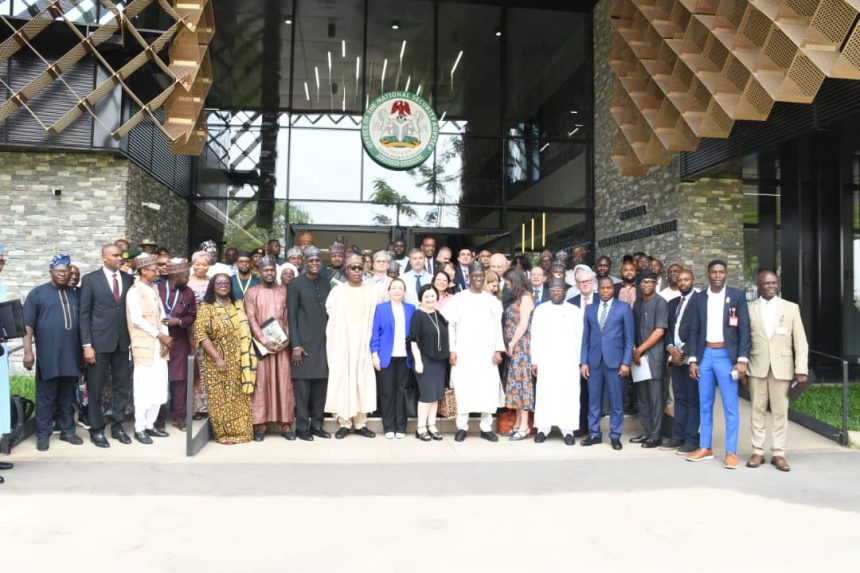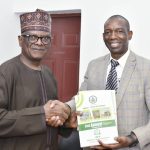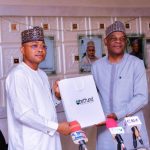By Linus Aleke, Abuja
The Federal Government (FG), through the National Counter Terrorism Centre (NCTC), Office of the National Security Adviser (ONSA), in collaboration with the European Union (EU), and a consortium of United Nations agencies, have launched a fresh initiative, code named, “EU Support for Disengagement, Review, Reintegration and Reconciliation of persons formerly associated with NSAGs in the North East Nigeria (SD3R).
Head Strategic Communication NCTC, ONSA, Mr. Abu Michael, in a statement, explained that the joint initiative is to foster social cohesion, reduce stigmatisation, promote tolerance, and create space for acceptance as well as belonging within targeted communities in Adamawa, Borno, and Yobe States.
Mr. Mike noted that while unveiling the Initiative, the National Security Adviser (NSA), Mallam Nuhu Ribadu, said, the SD3R Project was conceived to promote peace and stability in the North-East Nigeria through community-driven reintegration and reconciliation process for persons formally associated with Non-State Armed Groups (NSAGs).
He said: “The project also strives to support authorities in effectively investigating and prosecuting individuals accused of terrorism offences in the north east, ensuring meaningful accountability and redress for serious crimes”.
The NSA added that ONSA through the NCTC would continue to coordinate the project in line with the Terrorism Prevention and Prohibition Act, 2022, Policy Framework and National Action Plan for Preventing and Countering Violent Extremism (PF-NAP for PCVE), 2017, as well as other relevant policy documents.
In her remarks, the EU Head of Delegation to Nigeria and ECOWAS, Ambassador Samuela Isopi, said healing and reconciliation can be achieved in the sub-region if all work together, leveraging on collective expertise.
“This is why we are happy to continue supporting this process in the hope that it will help rebuild broken bridges within families and communities,” she added.
According to her, the Project was part of the broader EU support to the Lake Chad region which amounts to 2.5 Billion Euros (€2.5 Billion) since 2014, stressing that its implementation would leverage on the expertise and experience of the four UN agencies involved: International Organisation for Migration (IOM) which is the lead agency, the United Nations Development Programme (UNDP), the United Nations Children’s Fund (UNICEF) and the United Nations Office on Drugs and Crime (UNODC) which have been working in the northeast of Nigeria for several years.


